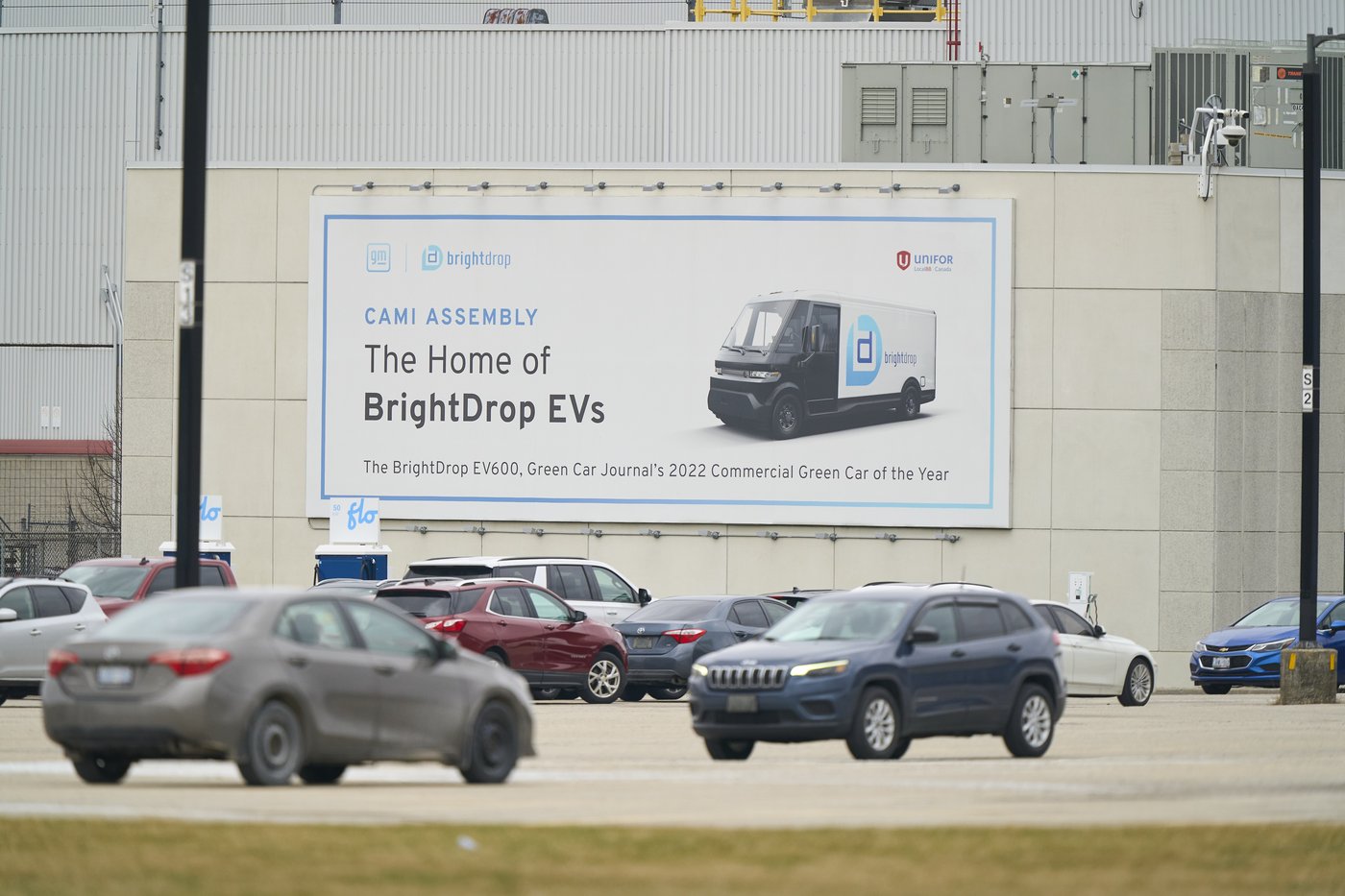GM president says pause on EV mandate is welcome, calls for consumer-focused policy

VANCOUVER — Canada’s policies around electric vehicles need to be more reflective of consumer demand, rather than a “forced outcome” from federal mandates, the president of GM Canada said.
Kristian Aquilina was in Vancouver for a conference on electric vehicles on Saturday, the day after the federal government announced it was delaying its electric vehicle sales mandate and launching a review.
He said Canada had advantages when it comes to transitioning to electric vehicles, including having resources that allow it to play a role in the EV supply chain. But he said it’s important investors and companies are allowed to be agile rather than being forced to move at a certain pace.
“When it comes to EV adoption, it’s not going to be linear. It’s going to be a lot of noise in the system that causes adoption to be a little bit more volatile than what an idealistic straight-line adoption curve that is enforced by a mandate would suggest,” he said.
Prime Minister Mark Carney announced Friday that the federal government will not implement a mandate requiring that 20 per cent of all new vehicles sold in Canada by next year be electric, while promising a 60-day review of the country’s electric-vehicle program.
The mandate was initially designed to increase until 2035, by which point all new light-duty vehicles sold in Canada were to be fully electric or plug-in hybrids.
Carney said the review is aimed at finding “future flexibilities and ways to reduce costs” while government documents suggest amendments to the annual sales targets, including the 2035 goal, will be considered.
In an interview Saturday, Aquilina would not say what specific changes he is hoping to see, but called the review “welcome.”
“In summary, we would be pursuing a future whereby EV policy in this country is just a bit more reflective of the realities of consumer demand, rather than a forced outcome,” he said.
Adam Thorn, director of the transportation program at the Pembina Institute, said in a statement that delaying EV targets serves the auto industry, but not average Canadians.
He said the standard ensures that automakers supply a full range of electric vehicles and helps bring down prices for consumers by increasing supply.
“While automakers are facing serious challenges due to U.S. tariffs, the government could have maintained the overall purpose of the regulation by adjusting existing compliance flexibilities to provide automakers some much-needed breathing room,” he said.
“Options include extending credits for plug-in hybrid vehicle and charging infrastructure, modestly adjusting targets, or reevaluating tariffs on Chinese-made EVs, steps that support the industry without undermining Canada’s EV commitments.”
On Friday B.C. Energy Minister Adrian Dix said pausing the sales mandate largely reflects circumstances in Ontario and that B.C. has already met the target set by Ottawa.
Aquilina said Canada has a wide variety of policies at the provincial level when it comes to electric vehicles and he doesn’t see any part of the country that is free from the risks associated with these type of mandates.
The funding for B.C.’s electric passenger vehicle rebate program ended in May.
Aquilina said those rebates contributed to the province’s high level of adoption.
“It could be a problem in the future in terms of determining the actual rate of adoption,” he said.
This report by The Canadian Press was first published Sept. 6, 2025
Join the Conversation!
Want to share your thoughts, add context, or connect with others in your community?
You must be logged in to post a comment.


















